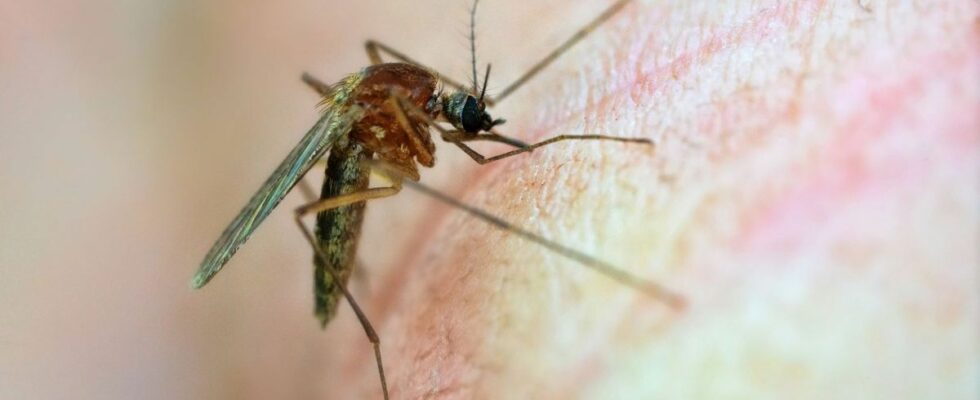Published on
Updated
Reading 2 min.
The announcement was made by the Brazilian Ministry of Health: two young women have died of Oropouche fever in the country, a disease caused by insects and mosquitoes. These would be the first two deaths linked to this pathology.
Brazilian health authorities are reporting the deaths of two young women from the northeastern state of Bahia. Their cause of death is believed to be Oropouche fever, a disease similar to dengue fever, transmitted by insects and mosquitoes.
No deaths related to this disease have been recorded so far.
In its statement, the Brazilian Ministry of Health speaks of two victims, two women.aged under 30, without comorbidities, but who presented (…) symptoms similar to a severe form of dengue fever”.
The ministry goes on to add that ““So far, no deaths related to the disease have been reported in the world scientific literature”He is already investigating another death, for which the same pathology is suspected.
What is Oropouche fever?
Oropouche fever is a disease transmitted by insects and mosquitoes. First discovered in Brazil in 1960, in the blood of a sloth, Oropouche fever has affected 7,236 patients, but no deaths until these two young women. The symptoms of the disease are similar to those of dengue fever, but milder. According to the Government of Canada website, we find:
- Nausea ;
- Fever ;
- Chills ;
- Vomitings ;
- Headaches ;
- Joint pain;
- Muscle pain;
- A sensitivity to light;
- Pain behind the eyes;
- A rash, in some cases.
In addition to these cases, health authorities are also investigating the possibility of vertical transmission of the disease, that is, from a pregnant mother to her child. These first deaths announced by Brazil coincide with a dengue epidemic that is raging in the country this year. It is the most virulent in the country’s history, with at least 4,824 deaths confirmed since January 1.
What to do if you are planning to go to Brazil soon?
If you are planning to travel to the country soon, the Government of Canada website recommends a medical visit beforehand to obtain health advice, which is useful for being informed about these two pathologies. And once there, you will need to:
- Always use an approved insect repellent on exposed skin. For best results, always follow the label and read the directions;
- Properly apply an approved, age-appropriate insect repellent to exposed skin;
- Consider limiting outdoor activities when midges and mosquitoes are most active;
- Cover up with loose-fitting, light-colored clothing made of tightly woven materials, such as nylon or polyester. Wear long pants and long-sleeved shirts, closed-toe shoes or boots, and a hat;
- Use a mosquito net (day or night) when sleeping outdoors or in a building that is not completely enclosed;
- Wear clothing treated with an approved insecticide.
Finally, seek immediate medical attention if you experience symptoms similar to those caused by the Oropouche virus.
